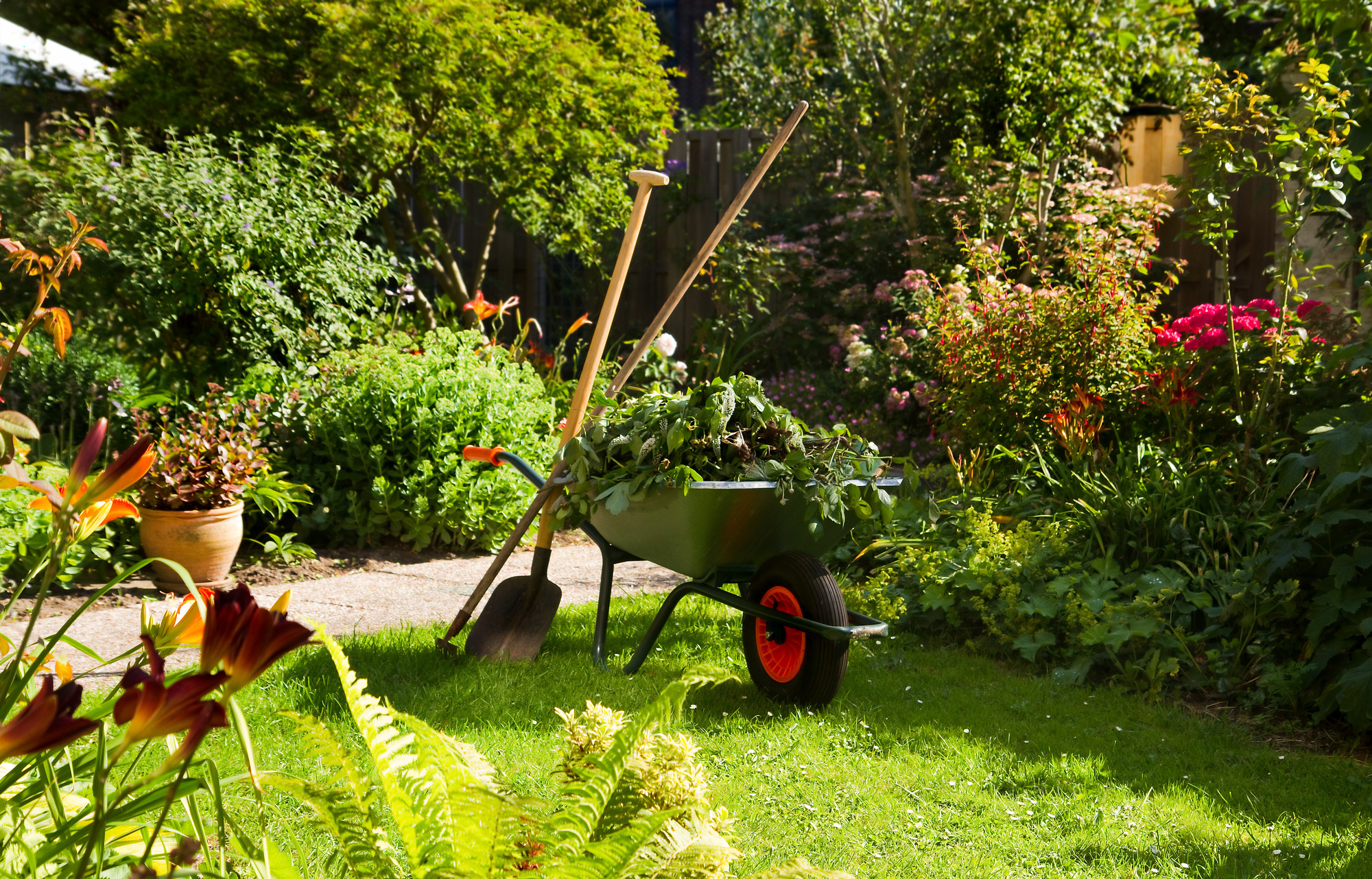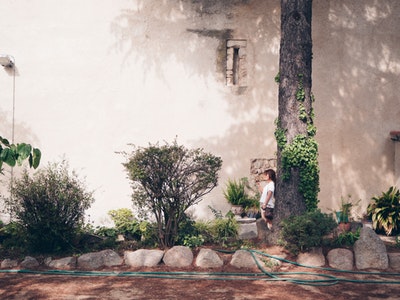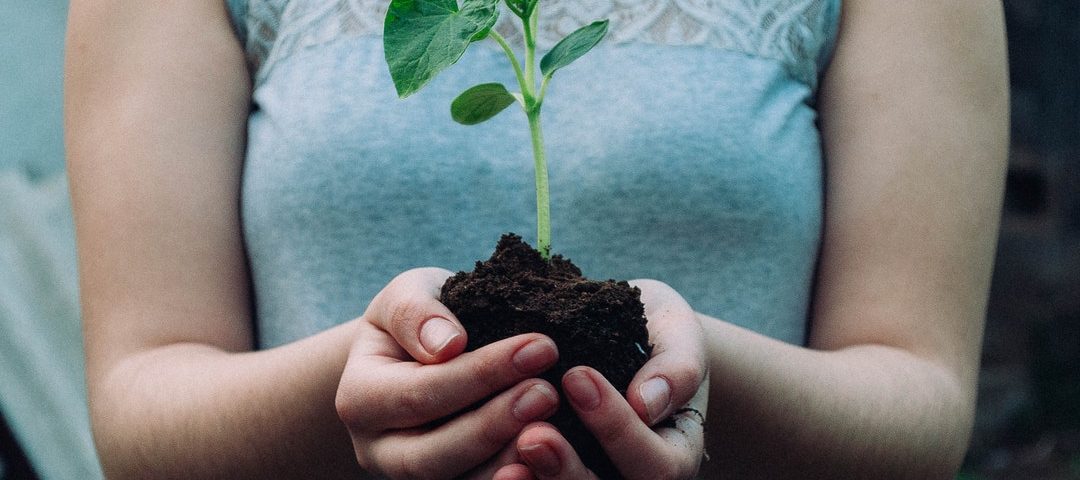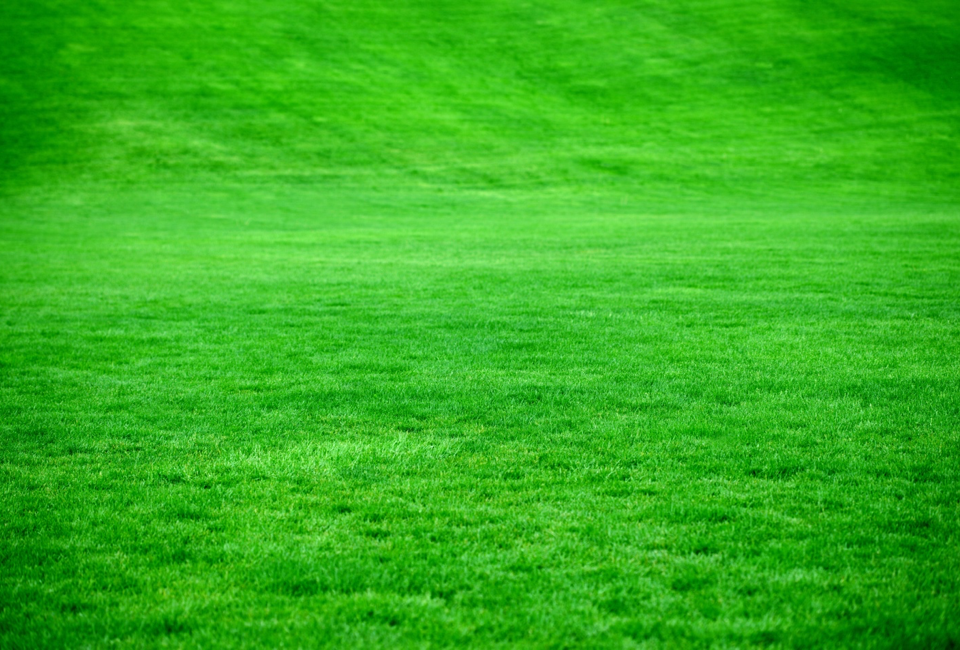
Brown Thumb? These Factors Affect the Growth (Or Death) of Your Plants
December 2, 2018
Now And Zen: 10 Inspiring Ideas For A No-Worry Rock Garden
December 6, 2018Getting ready to build the garden of your dreams?
Looking for the best gardening tips for beginners?
Gardening can be a lot of fun and can also be a rewarding experience that can help make your home look great or even provide food for your family to eat. However, if you’re completely new to gardening it may be a bit intimidating when starting out.
Luckily, we’re here to help. Below we’ll give you our top gardening tips for beginners so that you can get started on the right foot.
1. Soil Matters
One of the things you need to know about gardening is that the type of soil you use is very important. It’s a great idea to learn about soil and to test it before getting started with your garden.
Types of soil and its quality can vary quite a bit. If you don’t have high-quality soil where you’re building your garden, you may want to go get some from the store. Consider buying some topsoil at your local store that is full of nutrients and has been well-drained.
Keep in mind that the better the soil you use the better time you’ll have when growing your garden and the healthier your plants will be.
2. Mulch It Up
In addition to having great soil, it’s also a great idea to use mulch. A 2′ to 3′ layer of mulch can be a great help in making sure any plants you plant in your garden grow up strong and healthy.
Mulch helps in a couple of different ways. Mulch can help to prevent weeds from growing by blocking out the sun that helps them grow around your plant. Additionally, mulch can also help prevent moisture loss after watering which can be very useful for maintaining healthy plants.
3. Keep It Close
The location is also important when it comes time to build your garden.
Ideally, place your garden close to where your eyesight will be when you’re looking outside your window or when you go out your door. Choose a garden location that is close to your home and that you’ll see often.
A garden can be easy to neglect if it’s out of sight. It’s important to water a garden and maintain it often so you need to make sure it’s always at the top of your mind.
4. Know How to Use Water
It’s also important to be wise when watering your plants. Many people make the mistake of watering their plants too much. Believe it or not, many plants don’t need much water in order to stay healthy and using too much can sometimes end up drowning a plant and making it die.
Be sure to find out about the specific requirements of each plant before getting started. If you do, you’ll have a much better chance of growing a healthy, strong and beautiful garden.
5. Let the Sunshine In
One of the most important things about making a garden is that you need to make sure it gets plenty of sunlight. At least 6 hours of sunlight is ideal for most plants to grow strong.
Before building your garden, it’s important to be observant. Check what parts of your yard is reached by the sunlight each day.
Make sure that the spot gets a good amount of sunlight throughout the day before building your garden there. Otherwise, you may have to deal with a big headache later on.
6. Know the Frost Dates
When building a garden, you also need to know your frost dates. Do your research and find out what they are so you can plant your plants at the right time.
After the spring frost date, you need to be careful that you don’t put your plants out too early and risk killing them. Before the fall frost date, you need to make sure you harvest them or bring them inside in time.
Planting plants in your garden at the wrong time can lead to problems so it’s important that you know when the average spring and fall frost dates are.
7. Learn About Hardiness Zones
It’s also important to know about hardiness zones so that you can make your plant selections wisely and know exactly what you’re dealing with.
A hardiness zone helps you determine what regions can handle which plants. The warmer climates correspond to higher numbers. Using a hardiness zone map can help you determine whether your zone is too cold for a plant to survive.
In North America, there are 11 different planting zones so you need to be aware of this when working on your garden. Make sure you know what your own zone is and determine what a plant needs before planting it.
8. Be Persistent
One final tip to remember is that you need to be persistent when building a garden for the first time.
Your hands will get dirty and not everything will work out as you planned. Sometimes plants will die despite your best efforts. Making mistakes is part of the process so don’t worry or beat yourself up if something unexpected happens.
As you learn more about the ecosystem at your home and sharpen your green thumb you’ll find that your skills keep getting better and better. Push through any setbacks and just keep going.
Using These Gardening Tips For Beginners
Gardening can be a great hobby or even a means of having fresh and organic food for you and your family. Make sure that you’re using these gardening tips for beginners if you want to ensure you have the easiest and most successful time digging around in the dirt.
Ready to build your garden? Looking for landscaping materials? Check out our contact page now to learn more and request a quote.


